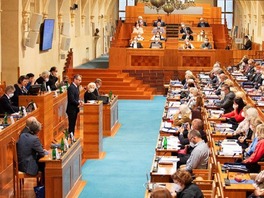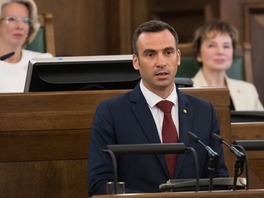Weeks of sustained U.S. diplomatic engagement with European governments, backed by intelligence sharing normally reserved for its closest allies, have helped convince some previously skeptical capitals, including Berlin, that the Kremlin may soon send its troops in Ukraine. This is reported by the Financial Times.
"EU and NATO allies have backed the Biden administration’s assessment that Russia may be on the verge of invading Ukraine, following unprecedented intelligence sharing Americans on Moscow’s military preparations," the message reads.
Russia may consider invading Ukraine “as early as 2022,” a Biden administration official said on Friday, adding that half of the military units believed to be involved in such an offensive had arrived near the Ukrainian border. over the past month.
The United States’ decision to share intelligence so widely among European states and issue public warnings stems from Washington’s hope that by cementing Western support for sanctions it would stress Moscow the costs of any aggression. Details of threats of sanctions and other countermeasures are still under discussion.
The Kremlin has always denied its intention to invade Ukraine and blamed the growing tension on US and NATO support in Kiev.
U.S. intelligence reports describing Russian military deployments along the Ukrainian border, evidence of possible attack preparations, and analysis of the Kremlin’s perceived intentions have been shared bilaterally and collectively with NATO members and by EU diplomatic channels.
The amount of material and details shared among the other 29 NATO allies was described by one official as “extremely comprehensive”.
The United States says Russia has prepared to deploy 100 battle groups of battalions totaling approximately 175,000 troops to various strategic locations along the Ukrainian border, supported by 100,000 reserve troops.
The unusual level of intelligence-sharing was prompted by the initial reluctance of some European allies to treat US claims that an invasion was being prepared as credible, four of the officials said.





